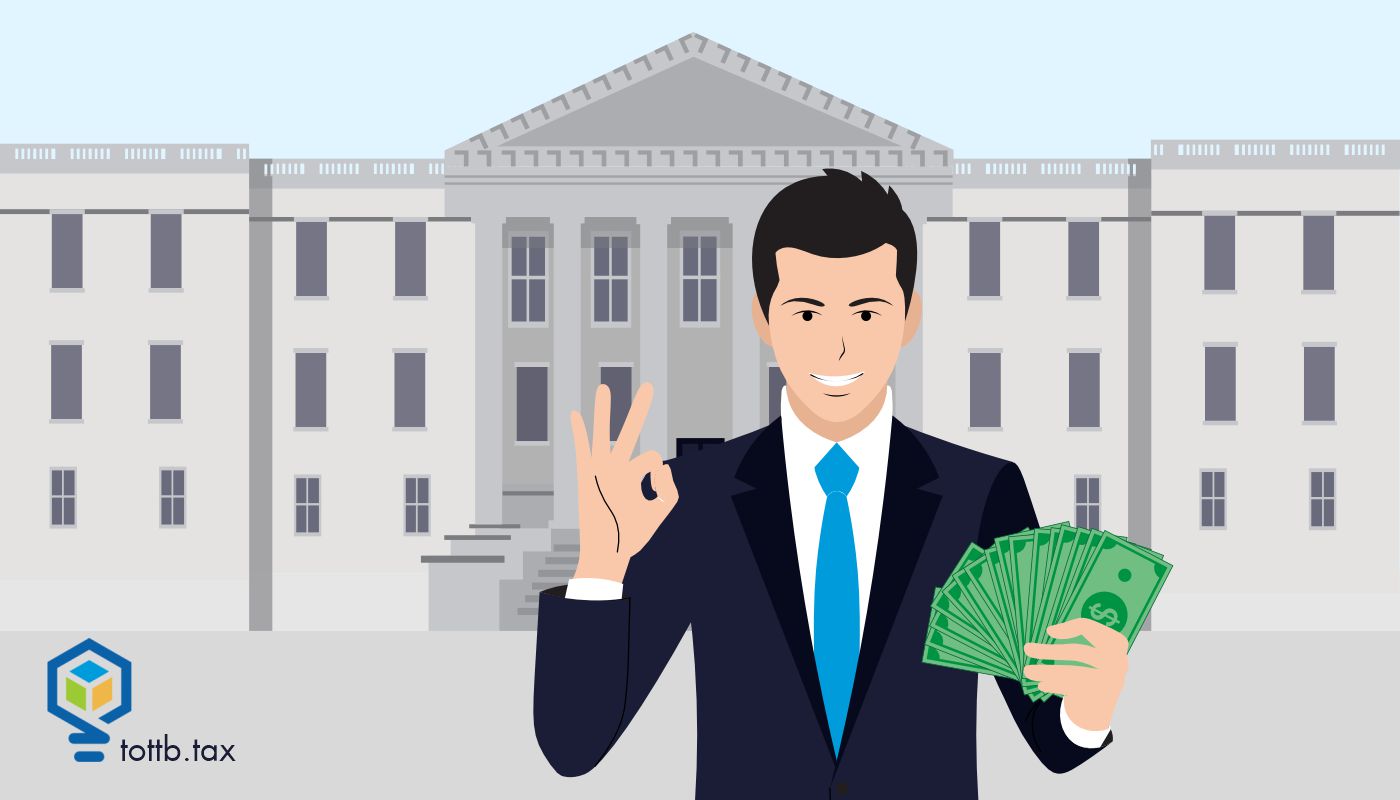LOOKING FOR LEGAL WAYS
TO REDUCE TAX?
New tax reduction strategies carefully explained and exhaustively researched every two weeks. Receive breaking news updates on tax law changes. Members only monthly AMA with TOTTB.tax.
WE PUBLISH TAX STRATEGIES FOR…
FEATURED CONTENT
Cryptocurrency Staking and the U.S. Tax Code
Cryptocurrency is currently one of the hottest topics in taxation. The use cases of crypto are continually evolving, and official IRS guidance is perpetually several years behind the types of transactions investors engage in. We are left trying to force a crypto transaction to fit into the existing code that was not written with crypto in mind. Additionally, with the lack of official guidance, we are forced to attempt to anticipate how the IRS will interpret novel transactions or worry about potential penalties and interest down the road. Staking is a transaction that has become extremely common among crypto users, yet the IRS is silent on how to report and tax it. Read on to learn more about cryptocurrency “mining”, staking, and how the current IRS interpretations of the tax code (or lack thereof) may affect your income reporting.
Read MoreCURRENT EDITION

Leaving the United States, Part III: Dual Citizenship
In Part I of this three-part series, we discussed the implications and taxes for American expatriates. In Part II we turned our attention to renouncing citizenship. Here in Part III, we will consider the halfway point of dual citizenship. And as you would expect, taxes are a serious consideration.

Reflecting On Rothing
I have been dissatisfied with most of the articles that I have read about what I call Rothing, i.e. foregoing a deduction for retirement savings with the prospect of tax-free distributions in the future or taking the tax hit on a deferred account to convert it to a tax-free account. The articles generally have a pro-Roth bias. Suze Orman, for example, swears by Roths. They also tend to not have numbers in them. What I am going to do here is to reflect on the idea of Rothing and discuss what I see as some key numbers. I’m not going to dive deep into technical issues.

Considering a Historic Building for Your Business? These Tax Credits are Good News
Historic buildings make a beautiful location for doing business. Unfortunately, many of them may seem out of the price range of small business owners. But, that’s not necessarily the case. The state and federal governments have an interest in preserving these properties, and they are willing to give you tax credits for buying and restoring a historic building. The credits reimburse a large proportion of your restoration costs. This really is a great incentive to go for a building that will give your company a unique and professional feel.
SIMPLIFIED TAX STRATEGIES &
PRACTICAL IMPLEMENTATION
Think Outside the Tax Box provides tax reduction strategies along with practical
implementation advice in order to reduce your clients’ federal tax bill with ease.







